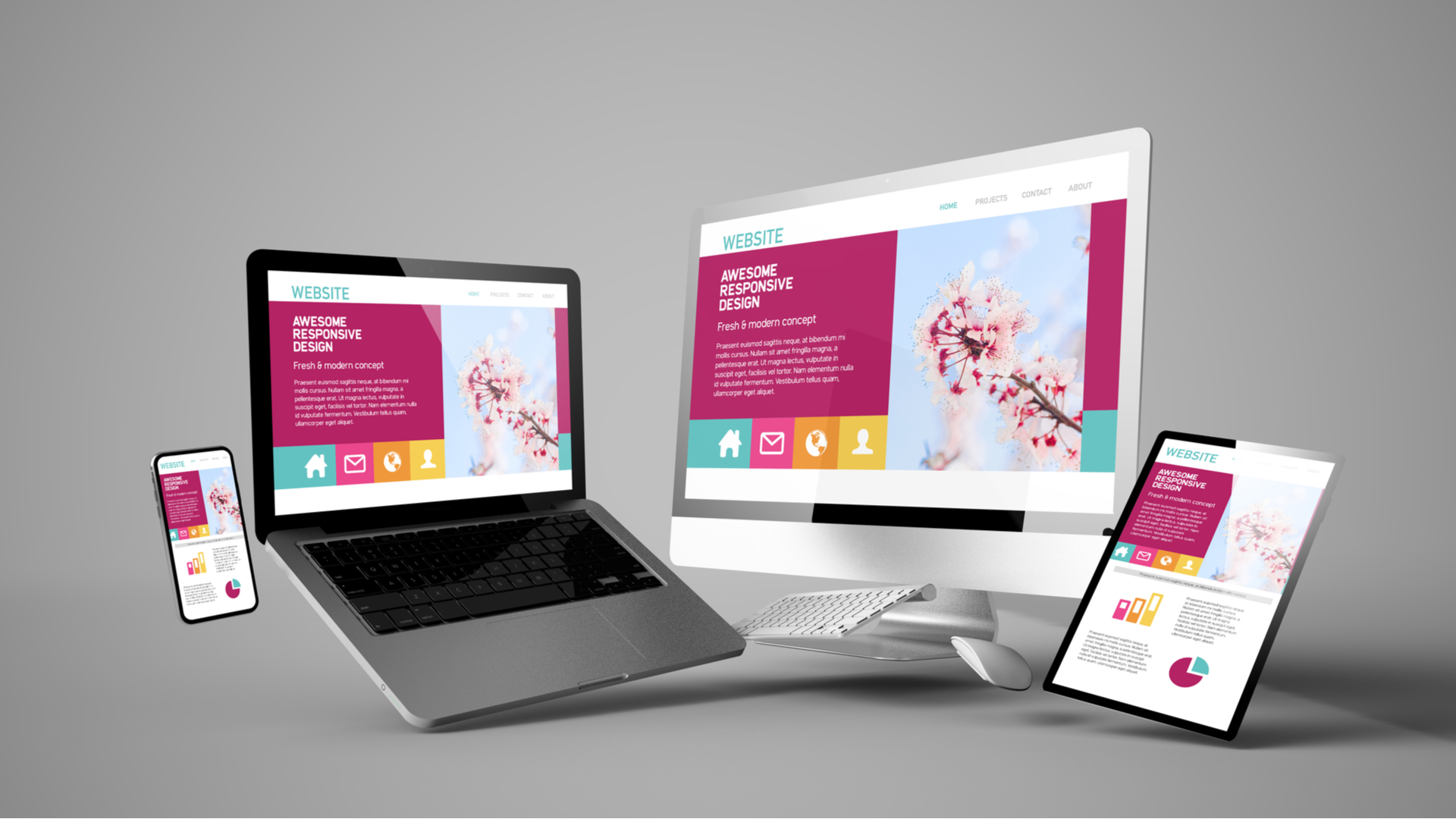Why Web Design Is Important
Introduction
In the dynamic realm of the internet, where attention spans are fleeting and first impressions are everything, the significance of web design cannot be overstated. A well-designed website serves as the digital storefront of a business, an interactive portfolio for creatives, or an information hub for organizations. In this digital age, where online presence is a key determinant of success, the art and science of web design play a pivotal role in shaping user experiences and driving desired outcomes. In this blog post, we will delve into the multifaceted reasons why web design is not just an aesthetic consideration but a strategic imperative for anyone navigating the vast landscape of the World Wide Web.
-
First Impressions Matter
As the saying goes, "You never get a second chance to make a first impression." This adage is particularly true in the digital realm, where users form an opinion about a website within milliseconds of landing on it. A visually appealing and well-organized website instills trust and credibility, encouraging users to explore further. Conversely, a poorly designed website can drive potential visitors away, leading to a high bounce rate and missed opportunities.
-
User Experience Defines Success
Web design is intricately linked to user experience (UX), which encompasses the overall satisfaction users derive from interacting with a website. A seamless and intuitive design enhances navigation, reduces friction, and ensures that users can easily find the information or services they seek. Positive user experiences lead to longer dwell times, increased engagement, and higher conversion rates, ultimately contributing to the success of the website's objectives.
-
Mobile Responsiveness is Non-Negotiable
In an era dominated by smartphones and tablets, the importance of mobile responsiveness cannot be overstated. A significant portion of internet users access websites on mobile devices, and search engines prioritize mobile-friendly websites in their rankings. Responsive web design ensures that a website adapts seamlessly to different screen sizes, providing a consistent and enjoyable experience across devices. Ignoring mobile responsiveness not only alienates a substantial user base but also hampers a website's visibility in search engine results.
-
Search Engine Optimization (SEO) Boosts Visibility
A well-designed website is inherently more likely to be search engine-friendly. Search engines consider various design elements, including site structure, page speed, and mobile responsiveness, when determining search rankings. A website that ranks higher in search results is more likely to attract organic traffic, increasing its visibility and, consequently, its chances of success. Effective web design incorporates SEO best practices, making it an integral part of any comprehensive digital marketing strategy.
-
Brand Identity and Consistency
Web design serves as a visual representation of a brand's identity. Consistent use of colors, fonts, and imagery creates a cohesive brand image that resonates with visitors. A strong and memorable brand identity fosters brand recognition and trust, influencing users to choose a particular product or service over competitors. Web design plays a crucial role in reinforcing brand messaging and positioning in the minds of the audience.
-
Loading Speed Impacts User Engagement
In an era where speed is of the essence, slow-loading websites are a major turnoff for users. Visitors expect quick access to information, and a delay of even a few seconds can lead to frustration and abandonment. Web design practices, such as optimizing images, minifying code, and utilizing content delivery networks (CDNs), contribute to faster loading times. Prioritizing speed not only enhances user satisfaction but also positively influences search engine rankings.
-
Adaptability to Evolving Trends and Technologies
The digital landscape is constantly evolving, with new technologies and design trends emerging regularly. A website designed with adaptability in mind can easily incorporate these innovations, ensuring it stays current and relevant. Regular updates to the design not only enhance the aesthetic appeal but also demonstrate a commitment to providing the best possible user experience.
-
Conversion Optimization for Business Success
For businesses, the ultimate goal of a website is often conversion – whether that be making a purchase, filling out a form, or subscribing to a newsletter. Web design elements, such as clear calls-to-action, strategically placed buttons, and an intuitive checkout process, significantly impact conversion rates. A well-designed website guides users through the conversion funnel, making it easy for them to take the desired actions.
-
Accessibility for Inclusivity
Web design that prioritizes accessibility ensures that individuals with disabilities can navigate and interact with a website effectively. This not only aligns with ethical considerations but also widens the audience reach. Many countries have regulations in place that mandate web accessibility, emphasizing the importance of creating inclusive digital spaces.
-
Competitive Edge in the Digital Landscape
In a saturated digital market, where numerous alternatives are just a click away, a well-designed website provides a competitive edge. It distinguishes a brand or business from its competitors and contributes to a positive perception that can be a deciding factor for users choosing where to invest their time or money.
Conclusion
In conclusion, web design is not merely a cosmetic consideration but a strategic necessity for anyone seeking success in the digital landscape. A well-designed website is the cornerstone of a positive user experience, fostering trust, engagement, and ultimately, success. As technology continues to advance and user expectations evolve, the importance of staying attuned to the principles of effective web design becomes even more critical. Whether you're an entrepreneur, creative professional, or organization, investing in web design is an investment in the future of your online presence and success.

